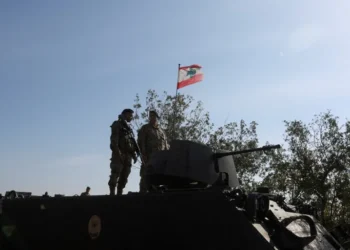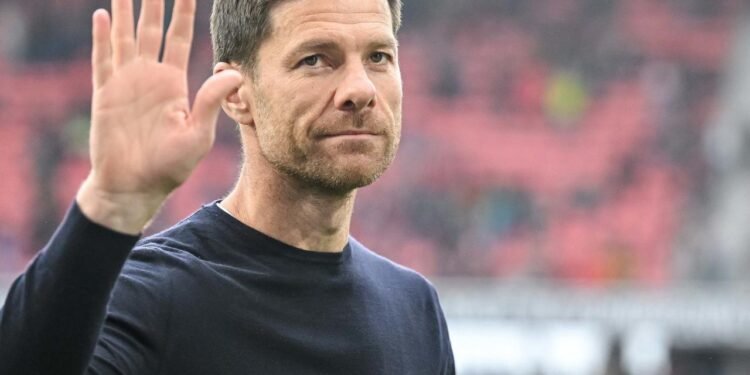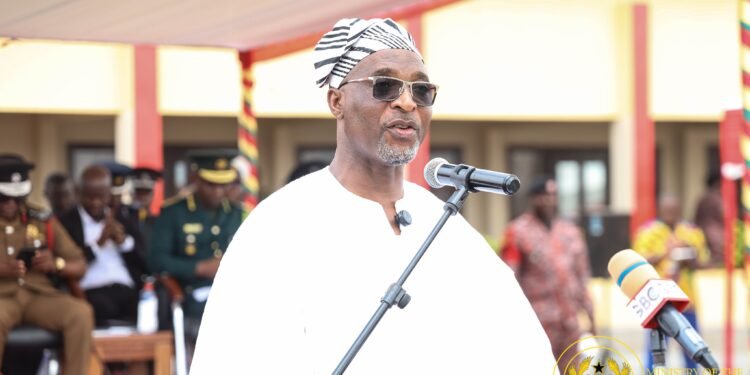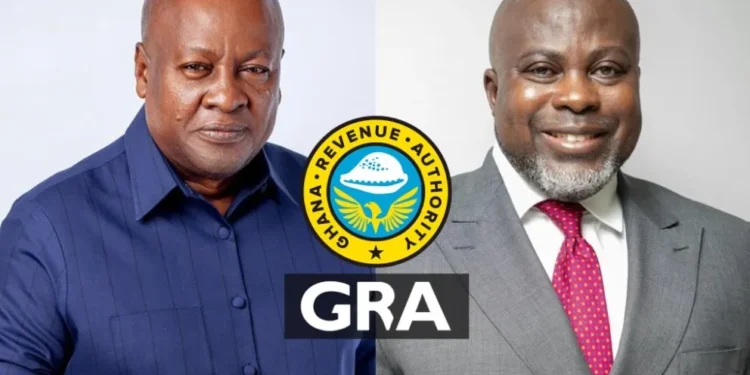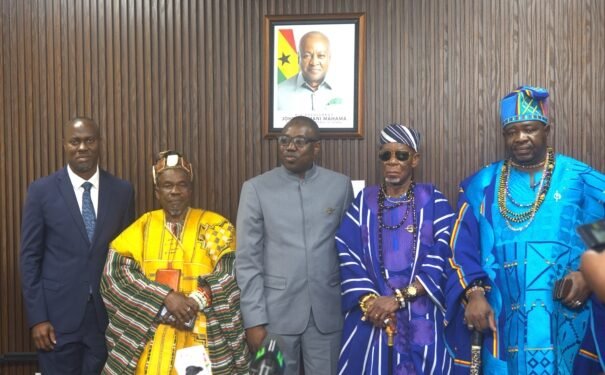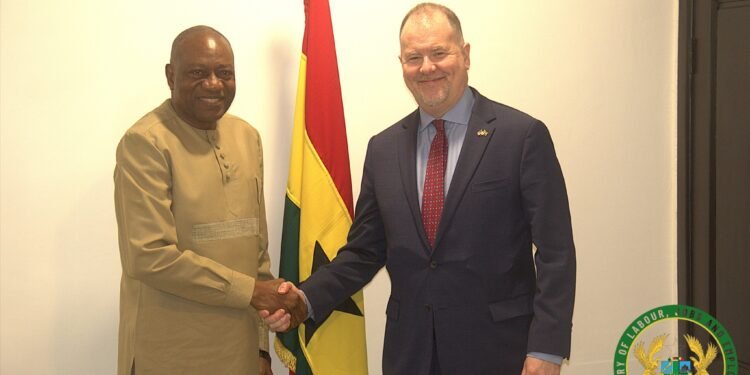Iranian diplomats have met their counterparts from Germany, the United Kingdom and France for renewed nuclear talks, amid warnings that the three European powers known as E3, could trigger “snapback” United Nations sanctions outlined under a previous 2015 deal.
The meeting, which took place in Turkiye’s Istanbul and reportedly lasted four hours, was the first since Israel’s mid-June attack on Iran, which led to an intensive 12-day conflict, with the United States militarily intervening on Israel’s behalf and attacking key Iranian nuclear sites.
Israel’s offensive – which killed top Commanders, nuclear scientists and hundreds of civilians, as residential areas were struck, as well – also derailed US-Iran nuclear talks that began in April.
Iran’s Deputy Foreign Minister, Kazem Gharibabadi, who attended the talks, alongside senior Iranian Diplomat, Majid Takht-Ravanchi, said after the meeting that Tehran held a “serious, frank, and detailed” discussion with European powers about sanctions relief and the nuclear issue, in which both sides presented specific ideas.

He added that Iran reiterated its principled positions, including on the snapback sanctions mechanism, and that it was agreed that consultations on the matter would continue.
The E3 have threatened to trigger the snapback mechanism, which would reinstate the sanctions on Iran by the end of August, under the moribund 2015 nuclear deal which US President, Donald Trump unilaterally torpedoed in 2018 during his first term.

The option to trigger the snapback expires in October, and Tehran has warned of consequences should the E3 opt to activate it.
Gharibabadi warned earlier in the week that triggering sanctions, which would deepen Iran’s international isolation and place further pressure on its already strained economy, would be “completely illegal.”
He accused European powers of “halting their commitments” under the 2015 deal, which the United States unilaterally withdrew from in 2018 during President Donald Trump’s first term. “We have warned them of the risks, but we are still seeking common ground to manage the situation,” Gharibabadi stated.
Iranian diplomats have previously warned that Tehran could withdraw from the global nuclear non-proliferation treaty if sanctions were reimposed.
Iran Ready To Restart Technical-level Discussions On Nuclear Program
Separately, International Atomic Energy Agency (IAEA) Head, Rafael Grossi said that Iran has indicated it will be ready to restart technical-level discussions on its nuclear programme with the UN nuclear watchdog.
Grossi said in Singapore that Iran must be transparent about its facilities and activities. He told reporters that the IAEA had proposed that Iran start discussions on “the modalities as to how to restart or begin (inspections) again.”
“So this is what we are planning to do, perhaps starting on technical details and, later on, moving on to high-level consultations. So this will not include inspections yet.”
Rafael Grossi
In late June, with the wounds of the conflict still raw, Iran took an unequivocal stance against the IAEA, with the country’s Foreign Minister, Abbas Araghchi summarily dismissing Grossi’s request to visit nuclear facilities bombed by Israel and the US. “Grossi’s insistence on visiting the bombed sites under the pretext of safeguards is meaningless and possibly even malign in intent,” Araghchi said at the time.
Before the conflict, Washington and Tehran were divided over uranium enrichment, which Iran has described as a “non-negotiable” right for civilian purposes, while the US called it a “red line.”
The IAEA says that Iran is enriching uranium to 60 percent purity – far above the 3.67 percent cap under the 2015 deal, but well below the 90 percent needed for weapons-grade levels.
Iran insists that it will not abandon its nuclear programme. It has said that it is open to discussing the rate and level of enrichment, but not the right to enrich uranium.
READ ALSO: Kofi Bentil Calls For Bold, Wholesome Constitutional Reform








